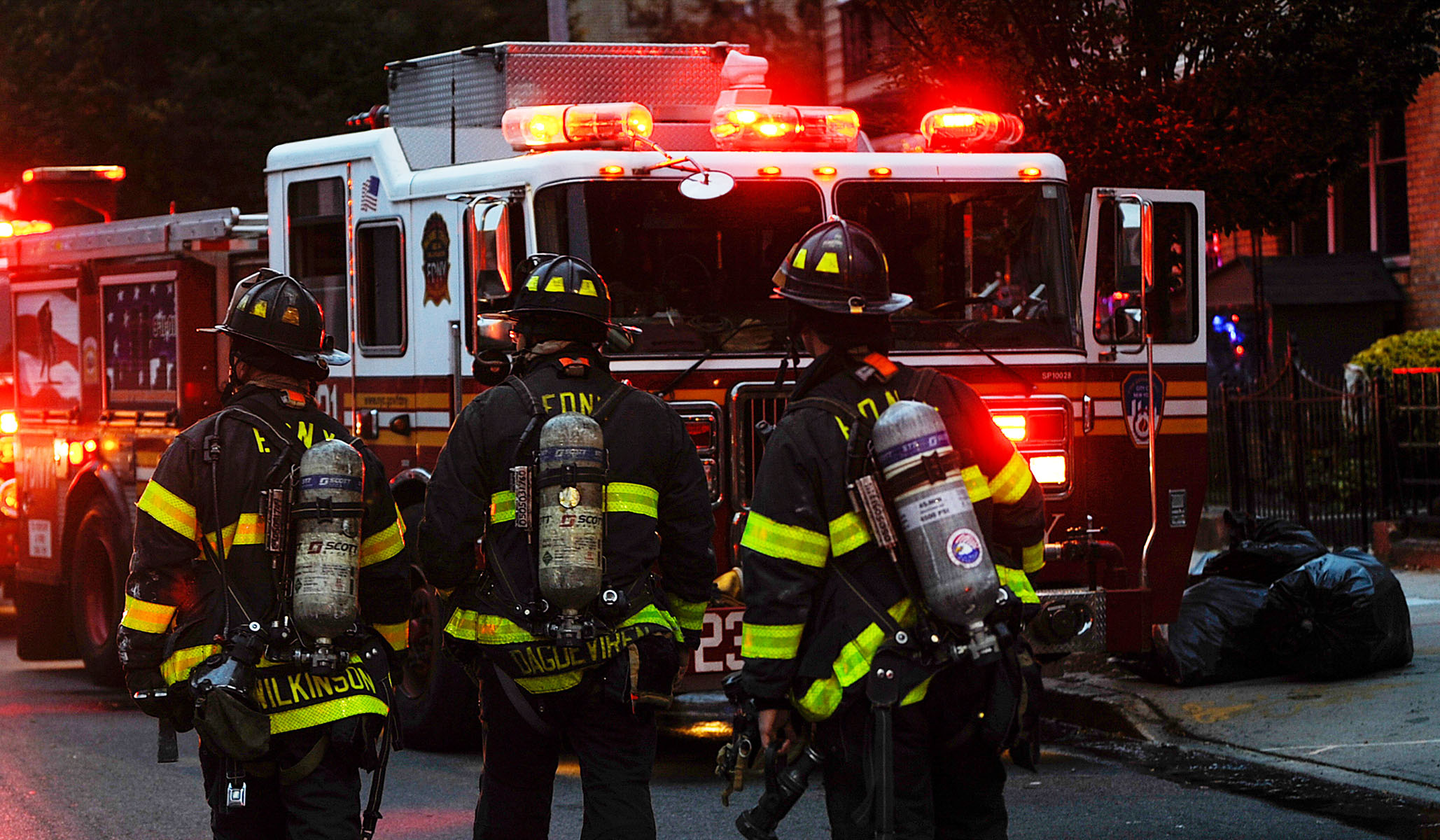


NRPLUS MEMBER ARTICLE F irefighters are tasked with a vital role in our communities, risking their lives to save others and prevent homes and businesses from going down in flames. They shouldn’t also have to worry about their own union’s leadership — one that is more interested in lining union coffers and their own pockets than helping union members.
Unfortunately, that’s the situation they’re confronting. New information from a federal court case against the International Association of Fire Fighters-Financial Corporation (IAFF-FC) reveals alleged backroom deals, “kickbacks,” coercion, and greed by IAFF union leaders.
The IAFF-FC was chartered as a nonprofit with a fiduciary duty to safeguard firefighters’ finances by offering a plethora of financial services, ranging from auto insurance to retirement with a focus on wealth management. But a recent federal lawsuit filed by John F. Hughes describes a much different reality.
Mr. Hughes, a Harvard University graduate with decades of experience providing financial advice, is known for his integrity. He was brought into the IAFF to lead a “Wealth Management Initiative” that would tailor investment portfolios for every unique member of the firefighters’ union.
What Hughes wasn’t aware of when he started the process was that finding the “best” plan had little to do with investment returns. Instead, ensuring whoever landed the IAFF’s account was willing to “pay to play” was most important.
Hughes repeatedly told union leadership that this approach could result in “harm for the union’s members, embarrassment for the organization, and negative media exposure.” As a good fiduciary, he also informed leadership that he would need to notify the Securities and Exchange Commission (SEC) if illegal activity continued unabated.
Rather than a course correction at the union, IAFF’s COO Kurt Becker decided to make false and defamatory statements about Hughes, claiming that he was accepting side deals from other investment firms. Becker allegedly even took actions to push Hughes out of his employment at the union if he didn’t get on board.
After being fired by president of the IAFF, Edward Kelly, Hughes declined to sign a gag order and filed suit. He filed claims against the IAFF for tortious interference, violation of the Dodd-Frank Act, defamation, and wrongful termination. He also filed a complaint with the SEC, describing how the trust of rank-and-file firefighters has been betrayed.
Among other allegations, Hughes states that Becker demanded a quarter of a million dollars in kickbacks per investment company and was content with a privately owned financial-services firm that was willing to comply — despite knowing full well that this type of arrangement was potentially illegal and counter to SEC regulations.
Becker, who is supported by IAFF president Kelly, allegedly wanted to ensure that “unsophisticated” firefighter-union members would not know if union leadership shelved a company that would provide better financial services. He went on to explain that yet another firm had previously paid millions of dollars to the IAFF-FC to “play.”
This federal filing is reminiscent of the Department of Justice’s investigation into the criminal multi-billion-dollar pension-investment activity, Invisible Enterprise, under Teamsters Union leader Jimmy Hoffa in the 1950s. The scheme led to the establishment of the Labor Management Reporting and Disclosure Act to curb union corruption.
But the act has not gone far enough. Unions such as the IAFF may still hide critical information from the public and keep important financial information away from even their members. In one instance, the IAFF has taken full advantage of the act’s loopholes by collecting millions from sick kids suffering from muscular dystrophy, knowing most union members are unaware of these public filings. Member outrage appears to have put this alleged backdoor scheme to an end.
It’s time for the IAFF’s leadership to think more about the 334,000 firefighters and paramedics it claims to represent across the United States and Canada and less about lining their own pockets. At the bottom of the organization’s website, there is actually a note that the IAFF-FC, “is compensated for its endorsement and will receive 20% of any gross commission or fee resulting from an IAFF member’s purchase of insurance, investments, or investment advisory services.” One would think this money would be better used by going back to the dues-paying members.
John Hughes is standing up against alleged corruption. When he was presented with a gag order from IAFF leadership in return for securing severance pay and health insurance for his family, he demonstrated integrity and grit and declined to sign it.
Hughes is setting an example for the rest of us. Firefighters face the danger of being burned every day for our sake. They shouldn’t have to worry about being burned by their union.
Bryce Chinault is the director of External Affairs at Yankee Institute. He earned his Master of Public Policy degree from George Mason University and has a decade of experience in federal- and state-level policy analysis at the George Washington University Regulatory Studies Center and the Mercatus Center at George Mason University.
Frank Ricci is a Fellow of Labor at Yankee Institute and past union president for New Haven Fire Fighters and a retired battalion chief. He was the lead plaintiff in the landmark Supreme Court case Ricci v. DeStefano and has testified before Congress.
